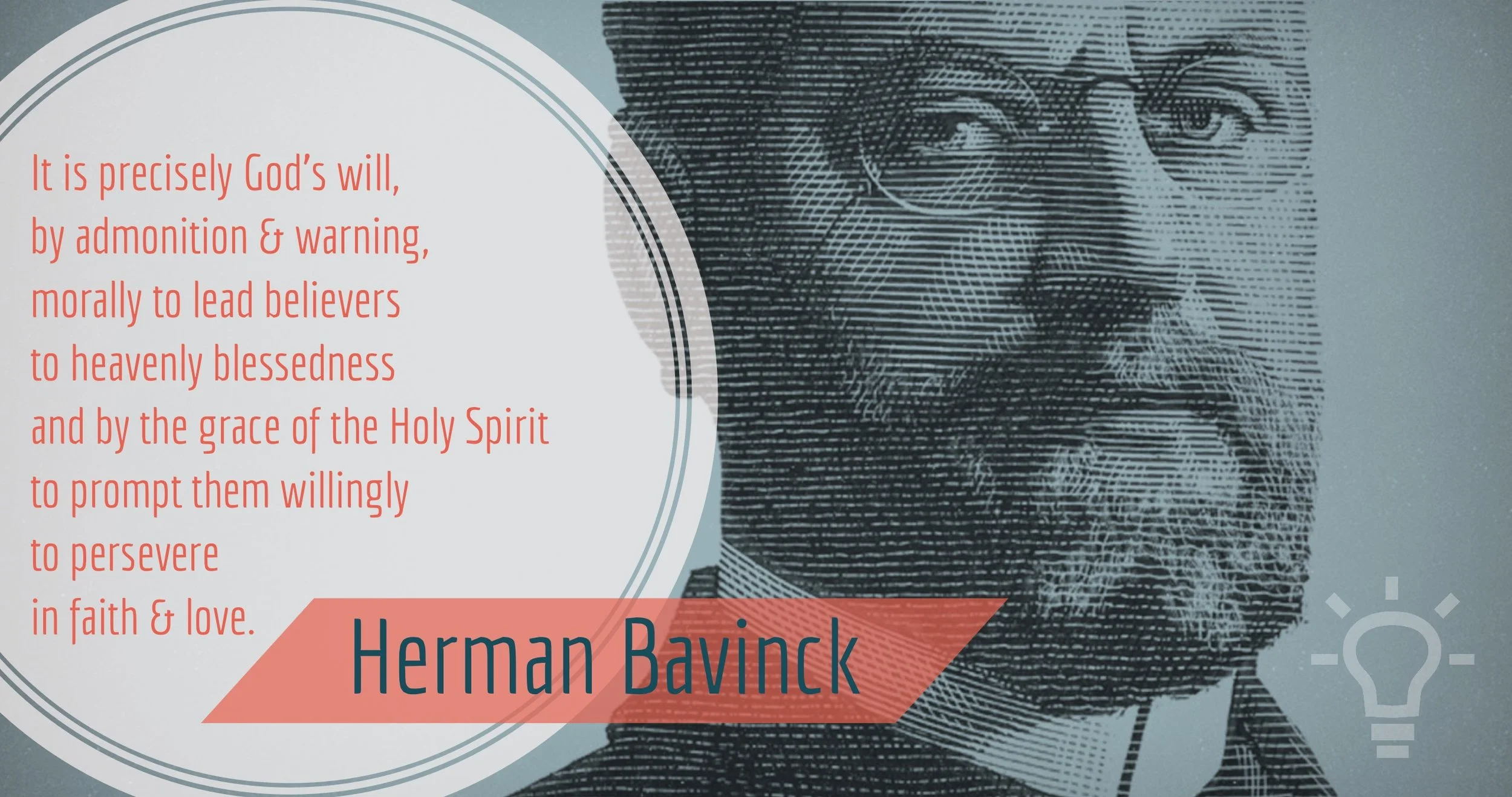

Pastors, Lift Up Your Voice Online
Lift up your voice online… yes, there will be consequences. Sinners will be saved. Members will be added to the church. Scoffers will learn not to blaspheme. Persecution will be stayed for years, perhaps for decades. Christians will be encouraged and built up. You will learn many things yourself in having to explain and defend the truth, and in watching others do the same. For all of these good reasons, and many more, I call you, men and brethren, to the internet, to lift up your voice there for the glory of your God.




Bavinck: God’s Threats Against Believers Are Means Of Them Persevering
Herman Bavinck outlines the passages where Christians are warned and threatened against falling away, and are called to persevere in Christ, his word, and his love. Bavinck argues that these threats are used by God to motivate the willing perseverence, a perseverence that he has guaranteed in our regeneration and is not undermined by these threats.

Zealous For Good Works
This post is the first in a series designed to encourage good works by providing excerpts from Reformed preaching and writing. But, before we get started, I think it is important to ask why this even matters... This post seeks to provide some biblical reasons we as Christians should we make a study of good works.

Use our archive link above to find all of our available blog content, or search for your topic or author of interest.
Featured Posts
We need not reinvent Christianity or carve out ever-smaller enclaves to prove our faithfulness. We do not need to imitate the liberal order’s obsession with identity and control. We can return to nature, heritage, tradition, fathers, and our faith. Sectarian comfort is a false security for a people who have forgotten how to receive life from God’s hand. It will take Christian courage in an age of liberals and sects to grow deeper roots and provide a more secure and fruitful future.
Follow us on social media:





















